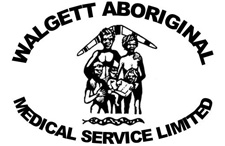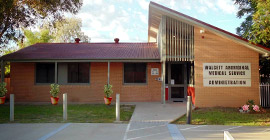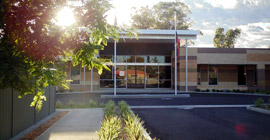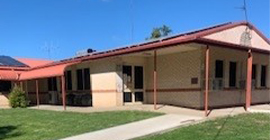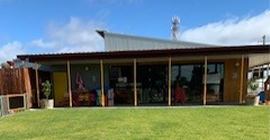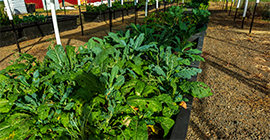Partnerships, Organisations & Related Initiatives
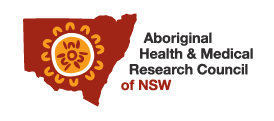
AHMRC - Aboriginal Health & Medical Research Council of NSW
The Aboriginal Health & Medical Research Council of New South Wales (AH&MRC) is a charitable, religious and educational institution incorporated under The Corporations Law as a Company limited by guarantee.
AH&MRC of NSW Annual Report 2014
 NSW Aboriginal Health Partnership Agreement 2015 - 2025
NSW Aboriginal Health Partnership Agreement 2015 - 2025
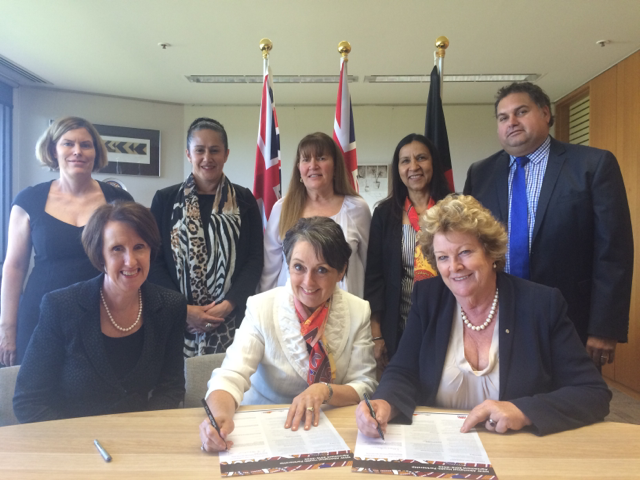
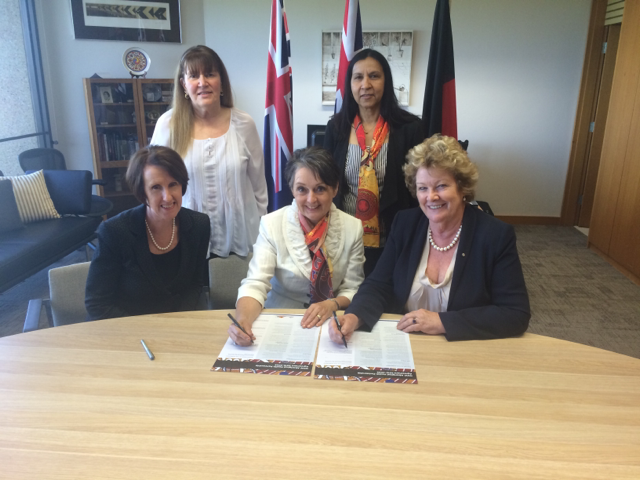

Bila Muuji Partnership
Bila-Muuji means 'river friends' and is a regional grouping of AMS's. It was established in 1995 with Brewarrina, Dareton, Dubbo, Wellington and Walgett. Bila-Muuji meets bi-monthly at the six locations of the AMS's. Our vision is to support each service through the establishment of a broad network of AMS's in rural and remote NSW, and to identify and address shared issues impacting on our communities.
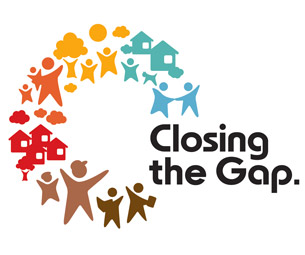
Close the Gap
The Close The Gap campaign calls on federal, state and territory governments to commit to closing the life expectancy gap between Indigenous and non-Indigenous Australians within a generation.
The campaign is supported by more than 40 Indigenous and non-Indigenous organisations, and seventy-five thousand Australians have already pledged their support to Close the Gap.
 Working Together to Close the Gap in Walgett: Remote Service Delivery Local Implementation Plan
Working Together to Close the Gap in Walgett: Remote Service Delivery Local Implementation Plan
 Media Release: Closing the Aboriginal health gap goes well beyond hospitals
Media Release: Closing the Aboriginal health gap goes well beyond hospitals

Dharriwaa Elder's Group
Dharriawaa Elder’s Group is an organisation that was established in 2000 with members aged 60 and over. The aim of the group is to support Aboriginal elders to resume leadership roles in the community and promote local Aboriginal cultural knowledge and identity.
Video: Walgett needs better health services : Dhariiwa Elders

Family and Community Services (FACS)
FACS are committed to achieving the NSW Government targets and ambitions as outlined in the NSW 2021: A plan to make NSW number one - http://www.2021.nsw.gov.au/
They measure their performance against these targets through indicators which they monitor and review regularly to improve their services.
WAMS, FACS and WNSWLHD entered into a Tripartite Agreement to ensure appropriate support is provided to the children and young people in statutory Out-of-Home Care in relation to Health Management Plans determined by legislative and regulatory requirements.

GWAHS - Greater Western Area Health
GWAHS covers 52 hospitals in regional NSW from Bathurst to as far west as Broken Hill.

ICV - Indigenous Community Volunteers
ICV works in partnership with Aboriginal and Torres Strait Islander organisations and provides assistance in designing and implementing community development projects. Any Aboriginal and Torres Strait Islander individual, family, business, organisation or community can apply for community development assistance with ICV. ICV will assist you with the application process, and will support your community and volunteers throughout the project.

Mission Australia (Regional NSW) FACT SHEETS
Various fact sheets about the programs and services made available through Mission Australia
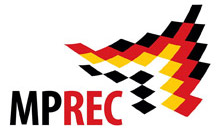
Murdi Paaki
WAMS wishes to formally thanks MPREC for their continuing strength in partnership and allowing us to use their resource: Walgett The People and Their River.
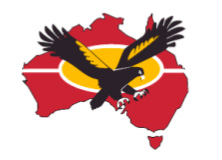
NACCHO - National Aboriginal Community Controlled Health Organisation
"NACCHO is a living embodiment of the aspirations of Aboriginal communities and their struggle for self-determination" - PUGGY HUNTER.
NACCHO (National Aboriginal Community Controlled Health Organisation) was set up in 1976 and is the peak advocacy and support group for Australia's 141 community-controlled Aboriginal health services. These services provide primary health care initiated and operated by the local Aboriginal community to provide holistic, comprehensive and culturally appropriate health care to the community which controls it.

NSW Aboriginal Partnership Agreement 2008 - 2013
This Agreement Is between the Aboriginal Health and Medical Research Council of NSW (AH&MRC) and the NSW Government.

OATSIH - The Office for Aboriginal and Torres Strait Islander Health
The Office for Aboriginal and Torres Strait Islander Health (OATSIH) was established to give a greater focus to the health needs of Aboriginal and Torres Strait Islander peoples in mainstream health programs, and to assume responsibility for the administration of funding to Aboriginal and Torres Strait Islander community controlled health and substance use services.

RACGP - Royal Australian College of General Practitioners
The British College of General Practitioners was founded on 19 November 1952 and on 1 January 1953 general practitioners were invited to apply for membership. As a result several Australian general practitioners were admitted as Foundation members.
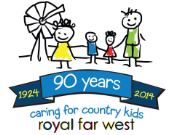
Royal Far West
The Walgett Aboriginal Medical Service (WAMS) and the Royal Far West (RFW) have entered into a Partnership to strengthen the capacity and resilience of the local community through the delivery of health and wellbeing services supporting the prevention, detection and treatment of children and families from the Walgett and surrounding Aboriginal communities.
Royal Far West's services are provided for children, 0 – 12 years of age, from rural, regional and remote NSW who cannot otherwise access these services.
Article: Far West Children's Health Scheme - the Formation Years
https://au.prime7.yahoo.com/n3/news/a/-/national/29356269/technology-helping-country-kids-video/Walgett Camp
https://au.prime7.yahoo.com/n3/news/a/-/national/29356499/course-delivers-real-benefits-video/
SAMSIS - Secure Aboriginal Medical Service Information System
SAMSIS is a web-based information system for participating Aboriginal Community Controlled Health Services (ACCHS) and their peak bodies. It provides on-line lodgement for Service Activity Reports (Health Services Directory), Workforce Directory and Population and Community Profiles.

SNAICC - Secretariat Of National Aboriginal And Islader Child Care
The Secretariat of National Aboriginal and Islander Child Care (SNAICC) is the national non government peak body in Australia representing the interests of Aboriginal and Torres Strait Islander children and families.
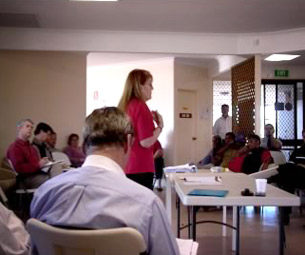
Walgett Remote Service Delivery Partnership
The RSD Partnership is about working smarter with government services and resources to “Close the Gap” for the Aboriginal community and it provides a significant opportunity for the Walgett community to work in partnership with government.
 Public Notice – Walgett RSD Community Workshop – September 2008
Public Notice – Walgett RSD Community Workshop – September 2008
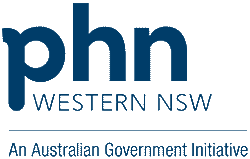
Western NSW Primary Health Network (WNSW PHN)
Western Health Alliance Limited, trading as the Western NSW Primary Health Network (WNSW PHN), is one of 31 Primary Health Networks across Australia established to support frontline health services. Our focus is to increase the efficiency and effectiveness of primary health care, ensuring people receive the right care in the right place at the right time. We work closely with general practice, other health care providers, Local Health Districts, hospitals and the broader community to align services with the health needs of the region.
WNSW PHN is a not-for-profit organisation primarily funded by the Australian Government.
Our region covers both Far West and Western NSW Local Health Districts.
On 1 July 2015 the Australian Government established 31 Primary Health Networks across Australia. At this time the Western NSW Medicare Local and Far West NSW Medicare Local formed a consortium with Bila Muuji Regional Aboriginal Health Service and Maari Ma Health Aboriginal Corporation to create Western Health Alliance Limited, trading as Western NSW Primary Health Network.
Upon the creation of the Western NSW Primary Health Network, all former Medicare Local services transitioned either to the Outback Division of General Practice, Maari Ma or Marathon Health
